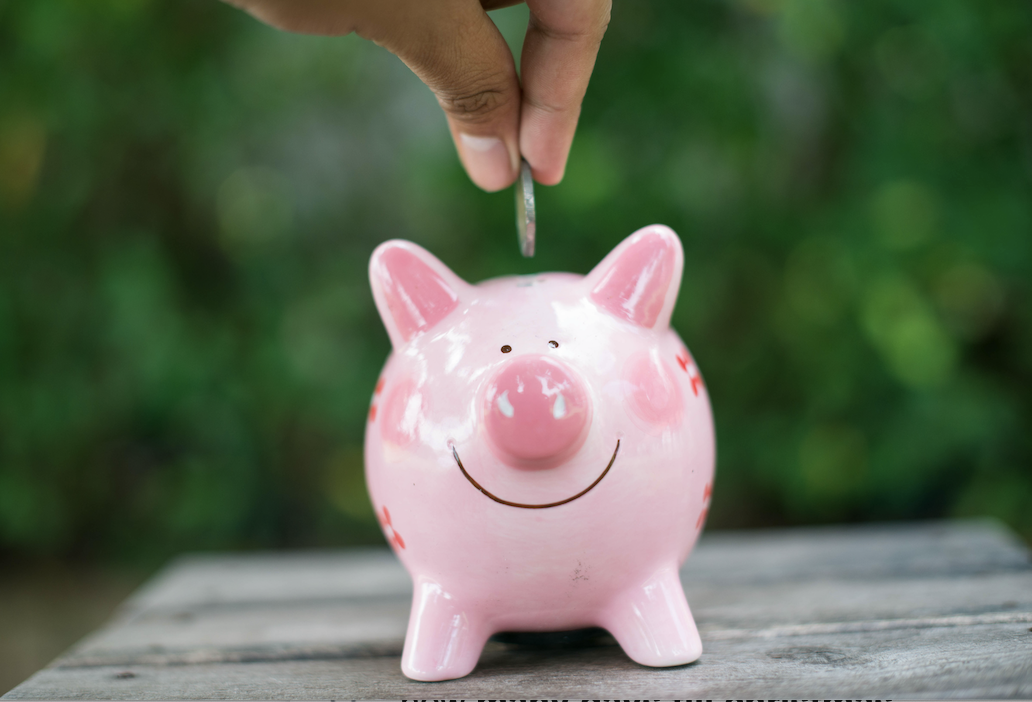Time to read : 4 Minutes
How Much Of Your Income Should You Really Be Saving
The RBA once again decided to increase the cash rate target by 25 basis points – meaning Aussie mortgages are getting even more expensive. It’s safe to say that the only good thing about consecutive interest rate hikes is that it’s turning the conversation from spending to saving.
While small changes to your lifestyle can make a big difference, to hit your long-term savings target you’ll need to plan out a more comprehensive budget – starting with your income. But exactly how much of your regular paycheques should you be putting away for a rainy day?
🙅♀️ The average Australian is losing $364 on bank fees every year.
🌈 In happier news, Aussies have improved their savings balances by 46% over the past two years.
☀️ There’s light at the end of the tunnel, with the RBA expecting inflation to return to its 2–3% target level by 2024.
The good, the bad and the ugly facts about savings
While a positive statistic is that the average Australian is saving $743 a month, the same study revealed that 2.4 million people don’t have any savings at all.
What would happen if you suddenly lost your job or became too sick or injured to work? The bills would keep piling up and further interest rate hikes wouldn’t make life any easier.
Large deposit holders skew the amount of savings the average person has – a recent study revealed that a realistic figure is just $3,559 in savings.
The average Aussie woman only has half the amount of money saved compared to the average man.
If you plan on retiring by the time you turn 67, experts say you should have at least 10 times your income saved up.
Beware bank fees: Bank fees can quickly eat away at your savings, so make sure you read the fine print on your savings account!
Take the reins and become a super saver
With fears of a recession looming large, people are tightening their purse strings and looking to bolster their rainy day funds.
💡Here are some simple ways to add a few extra dollars to your savings:
🌱 Set up an automatic transfer (e.g. 20%) every time you get paid. Send that money to a dedicated account that you never access for day-to-day spending. Then watch it grow – it’s like watering a plant!
💲 Keep your eyes peeled for great deals on high interest savings accounts. One good outcome of rate hikes is that banks are offering more interest on savings accounts.
✂️ Conduct a life audit and reduce any unnecessary spending. Aussie households spend $4,500 a year on entertainment alone and are signed up to more than six subscription services (e.g. Netflix).
👍 Start making extra money from a side hustle. From virtual assistants to drop shipping and more, that passive income can go directly to your savings account.
💳 Credit cards can not only help you get on top of bills when you’re in a pinch, but many of them come with incredible rewards. So as long as you stay on top of your repayments, you could end up getting lots of bonuses like free flights, discounts on purchases and more.
The bottom line: Life is getting more expensive every day – literally!
The simple fact of the matter is that experts expect interest rates to continue rising into 2023 – with a pullback potentially not happening until 2024. Combined with the rising cost of living, that means a lot of us will be eating into our savings buffers. There is good news despite all the doom and gloom though.
The RBA predicts that inflation will return to its 2–3% target range by 2024. While that’s still some time away, it’s a flicker of light at the end of the tunnel.
The pandemic put many Australians in a much healthier financial position due to a lack of holiday opportunities, working from home and generally improved savings habits. Long may that continue!
What goes up must come down (we hope!) – so now is the most important time to beef up your savings. Why not get started right now?
Read more:
inline: embedded-entry-inline, sys.id: 6lm1xagYWgaH2BC6CkgCes
inline: embedded-entry-inline, sys.id: 4XETHPnvQrbzmpBvnA5jwl
inline: embedded-entry-inline, sys.id: 1v8UcndiWKJ9toZmPNfeZN
Financial Disclaimer:
The information contained on this web page is of general nature only and has been prepared without taking into consideration your objectives, needs and financial situation. You should check with a financial professional before making any decisions. Any opinions expressed within an article are those of the author and do not specifically reflect the views of Compare Club Australia Pty Ltd.
